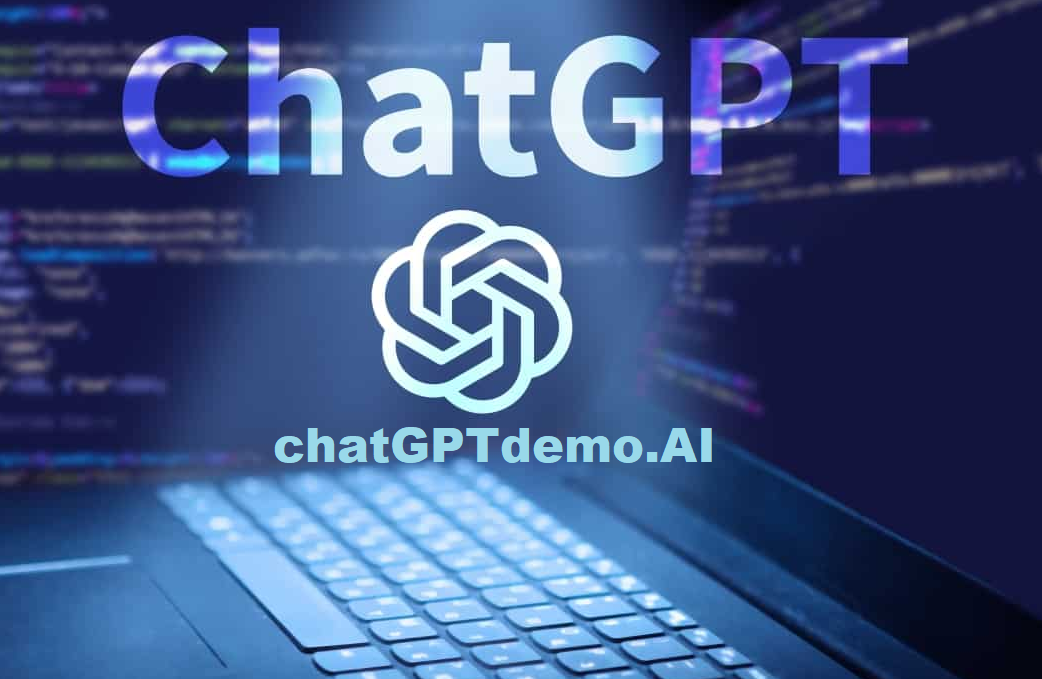The question of whether Chat GPT Free Online or similar AI technologies can replace humans in writing ability is multifaceted, touching on both the technical capabilities of AI and the inherent qualities of human creativity and emotional depth. While AI, including ChatGPT, has made significant strides in generating coherent, contextually relevant, and often impressively detailed text, several nuances differentiate human and AI writing capabilities.
Technical Proficiency vs. Creative Depth
Technical Proficiency: ChatGPT and similar AI models have demonstrated a remarkable ability to understand and generate text across a wide range of topics and styles. For tasks that require technical proficiency, such as drafting reports, creating informative content, or even composing basic narrative structures, AI can perform exceedingly well, often matching or even surpassing human speed and efficiency.
Creative Depth: However, when it comes to creative depth, emotional nuance, and the subtleties of human experience, AI still faces limitations. Writing is not just about stringing words together; it's about conveying emotions, capturing the human experience, and engaging readers on a deeply personal level. Human writers bring their own experiences, emotions, and unique perspectives to their writing, something AI currently cannot replicate fully.
The Role of AI in Assisting Rather Than Replacing
Collaborative Tool: Instead of viewing ChatGPT Free Online as a replacement for human writers, it's more productive to see it as a powerful tool for collaboration. AI can assist with brainstorming, provide suggestions for improving text, or help overcome writer's block. It can also handle more mundane writing tasks, allowing human writers to focus on areas requiring creativity, emotional intelligence, and critical thinking.
Enhancing Human Capabilities: AI's real value lies in its ability to enhance human capabilities rather than replace them. For example, in content creation, AI can generate drafts that human writers can then refine, infuse with emotional depth, and adapt to target audiences with greater precision. In educational settings, AI can help students improve their writing by providing instant feedback, thus complementing the traditional learning process.
Ethical and Practical Considerations
Ethical Concerns: The use of AI in writing also raises ethical considerations, such as authorship rights, the potential for misuse (e.g., generating misleading information), and the impact on employment in writing-related fields. These concerns necessitate a careful, ethical approach to integrating AI into writing processes.
Practical Limitations: Practical limitations, including AI's current inability to fully understand or replicate the nuances of human emotion and cultural contexts, also play a significant role. While AI can generate text based on patterns it has learned from vast datasets, it does not possess consciousness, empathy, or the ability to engage in genuinely creative or innovative thinking.
In conclusion, while ChatGPT Free Online and similar AI technologies offer impressive capabilities in generating written content, they are not poised to replace human writers entirely. Instead, AI should be seen as a tool that can augment human creativity and productivity. The future of writing is likely to be a collaborative one, where AI enhances human ability, rather than one where AI writing stands alone. The unique qualities of human creativity, empathy, and emotional depth remain irreplaceable in writing that resonates on a human level.

